Power Supply Price in Bangladesh starts from BDT 1,300 to BDT 99,000 depending on brand and features. Buy the latest PSU for Gaming Desktop PC from Potaka IT shop in BD. Browse below and order yours now.
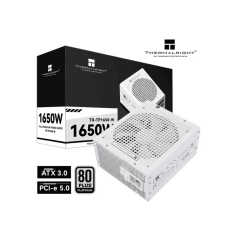
31,500৳
38,500৳

27,500৳
39,500৳
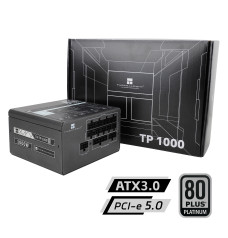
16,000৳
16,500৳
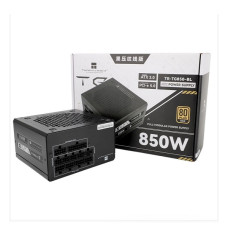
11,500৳
13,000৳
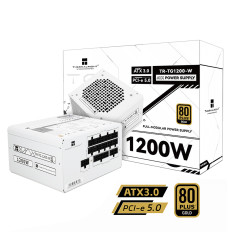
14,500৳
18,500৳

10,500৳
11,500৳
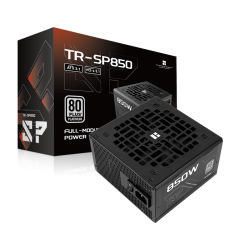
9,400৳
9,800৳
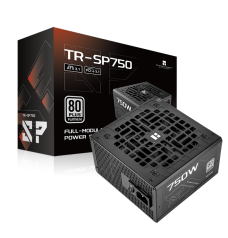
8,500৳
8,800৳
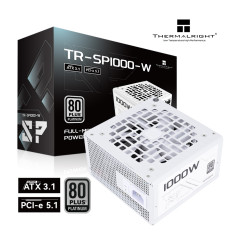
11,500৳
12,000৳

10,500৳
12,000৳
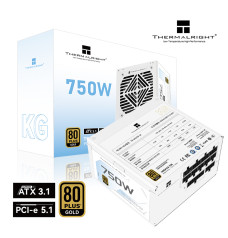
8,500৳
9,000৳
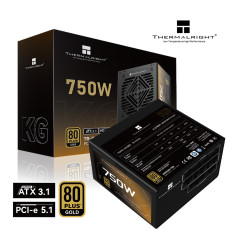
7,800৳
8,500৳
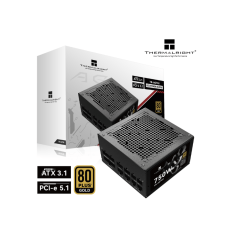
10,000৳
11,500৳

8,000৳
9,500৳

14,500৳
15,000৳

33,900৳
37,500৳

8,500৳
11,000৳

7,500৳
8,700৳

8,500৳
9,000৳

4,500৳
5,500৳

5,500৳
6,700৳

8,900৳
10,500৳

11,500৳
15,500৳

14,200৳
15,500৳
The power supply unit (PSU) is a critical component of any computer system, responsible for converting electrical power from an outlet into usable power for the internal components. A reliable PSU ensures that your computer operates smoothly and efficiently, providing stable power and protecting against electrical issues. This guide will delve into the functions, types, key features, and considerations for selecting the right PSU for your needs.
Power Conversion: The primary function of a PSU is to convert alternating current (AC) from the wall outlet into direct current (DC) required by the computer's internal components.
Voltage Regulation: PSUs regulate the output voltage to ensure that the components receive a steady and appropriate amount of power, preventing damage from power fluctuations.
Power Distribution: The PSU distributes power to various components, such as the motherboard, CPU, GPU, storage devices, and peripherals, through different connectors and cables.
Protection: Modern PSUs include protection mechanisms such as over-voltage, under-voltage, over-current, over-power, and short-circuit protection to safeguard the components and the system as a whole.
ATX Power Supplies: The most common type of PSU, used in standard desktop computers. ATX PSUs come in various wattages and feature multiple connectors to support different components.
SFX Power Supplies: Smaller than ATX units, SFX (Small Form Factor) PSUs are designed for compact systems and mini-ITX builds. They offer similar functionality but in a smaller package.
Modular Power Supplies: These PSUs come with detachable cables, allowing users to connect only the cables they need, improving cable management and airflow.
Non-Modular Power Supplies: All cables are permanently attached to the PSU. They are generally cheaper but can result in more clutter and less efficient cable management.
Wattage: The total power output of a PSU, measured in watts (W). It determines how much power the PSU can provide to the system. It's essential to choose a PSU with sufficient wattage to support all your components, with some headroom for future upgrades.
Efficiency: Measured by the 80 PLUS certification, which indicates the efficiency of the PSU in converting AC to DC power. Higher efficiency means less wasted power and heat. Certifications include:
Rails: PSUs can have single or multiple +12V rails. A single-rail PSU has one high-capacity +12V rail, while a multi-rail PSU divides the +12V power into multiple rails. Both designs have their advantages, but multi-rail PSUs can offer added safety features.
Connectors: Ensure the PSU has the necessary connectors for your components, such as:
Form Factor: Choose a PSU that fits your case. While ATX is standard, SFX or other form factors might be necessary for smaller cases.
Cooling: PSUs use fans to dissipate heat. Look for models with efficient cooling solutions and quiet operation. Some high-end PSUs feature semi-passive cooling, where the fan only spins up under heavy loads.
Stability and Reliability: A high-quality PSU provides stable power to all components, reducing the risk of crashes, freezes, and hardware damage.
Efficiency: Higher efficiency PSUs waste less power, generate less heat, and can save on electricity costs over time.
Longevity: Reliable PSUs with good build quality and protection features extend the lifespan of both the PSU and the components it powers.
Upgradability: A PSU with sufficient wattage and the right connectors can accommodate future hardware upgrades, such as more powerful GPUs or additional storage devices.
Calculate Power Requirements: Use online PSU calculators or consult component specifications to determine the total wattage needed for your system. Add some extra wattage for future upgrades.
Check Efficiency: Aim for a PSU with at least an 80 PLUS Bronze certification for good efficiency and reliability. Higher certifications offer better efficiency and potential savings on energy costs.
Consider Build Quality: Look for PSUs from reputable brands known for quality and reliability. Good brands include Corsair, Seasonic, EVGA, and Cooler Master.
Assess Connector Needs: Ensure the PSU has all the necessary connectors for your current and future components. Modular PSUs offer better flexibility in this regard.
Look at Reviews and Ratings: Read reviews from trusted sources and check user feedback to get an idea of the PSU’s performance and reliability.
Corsair: Known for reliable and efficient PSUs, Corsair’s RMx and HX series are popular for their performance and modular design.
Seasonic: Renowned for high-quality components and long warranties, Seasonic’s Focus Plus and Prime series are top choices for enthusiasts.
EVGA: Offering a range of PSUs from budget-friendly to high-end, EVGA’s SuperNOVA series is well-regarded for its performance and efficiency.
Cooler Master: Cooler Master’s V series PSUs are known for their build quality, modular design, and excellent performance.
PSU wattage refers to the power output capacity of the power supply. The required wattage depends on the components in your computer. It's generally recommended to choose a PSU with some headroom to accommodate future upgrades. Online PSU calculators can help determine your specific requirements.
Common PSU form factors include ATX, SFX, TFX, and more. ATX is the most widely used standard for standard desktop PCs. SFX and TFX are used in smaller form factor cases.
80 PLUS is a certification program for PSUs that measures their energy efficiency. It signifies that the PSU meets certain efficiency standards, such as 80% or more efficiency at various load levels (80 PLUS, 80 PLUS Bronze, Silver, Gold, Platinum, Titanium).
Modular PSUs have detachable cables, allowing you to connect only the cables you need. Semi-modular PSUs have some fixed cables, while non-modular PSUs have all cables permanently attached.
Ensure your PSU has the necessary connectors for your components, including the motherboard (ATX, EPS), graphics card (PCIe), SATA and Molex connectors for drives, and any specific connectors for peripherals.
Efficiency affects power consumption and heat generation. More efficient PSUs waste less energy as heat and save you money on electricity bills over time.